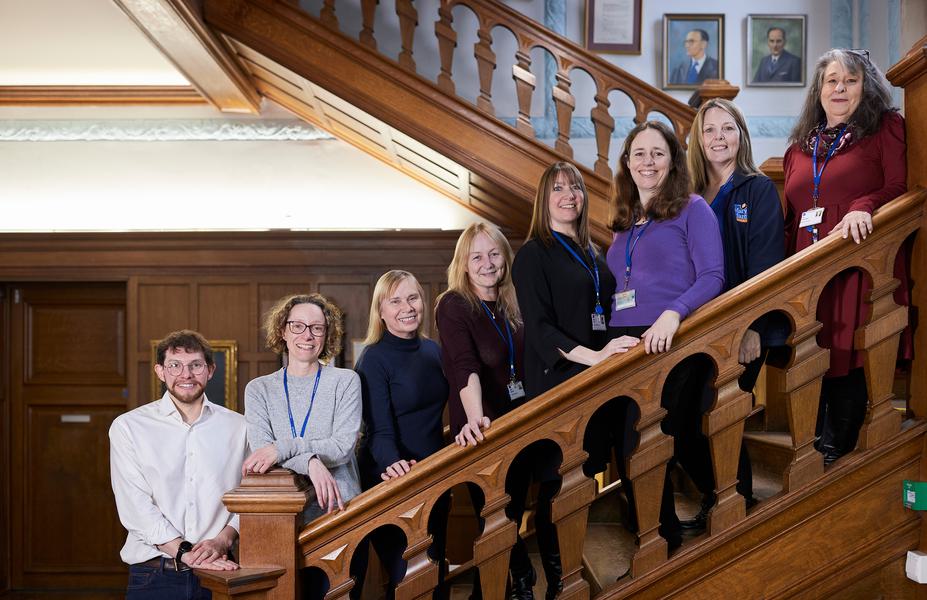
Professional Courses Online Open Day 2026
Thursday 14 May, 4pm - 5.30pm
Come and find out more about our postgraduate and professional courses.
Meet the team, hear about our upcoming courses for professionals and ask your questions.

Come and find out more about our postgraduate and professional courses.
Meet the team, hear about our upcoming courses for professionals and ask your questions.
Course fees £1,050 plus VAT (reclaimable by schools)
Course fees £4480 per annum, fixed for two years at point of intake. Fees are made payable to Mary Hare.
Course fees £4480 per annum, fixed for two years at point of intake. Fees are payable to Mary Hare.

Our professional courses is led by an experienced team of people who have worked and participated in research in deaf education for many years.